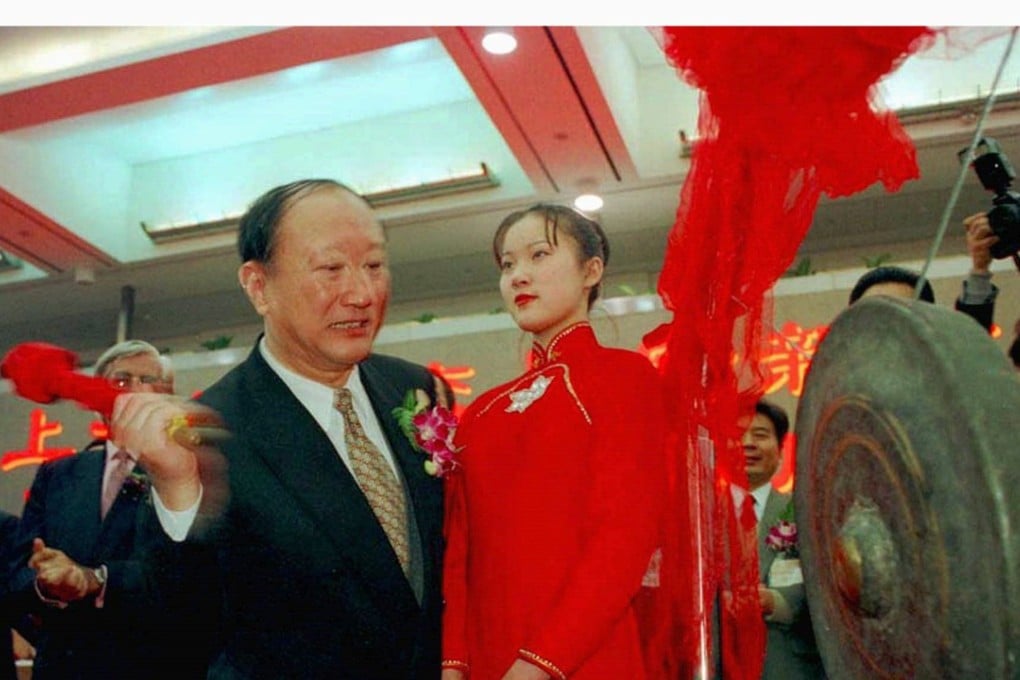Exclusive | China’s stock market needs to ditch its patchwork rules for a clean start at its watershed moment
- After 28 years spearheading China’s four-decade experiment with capitalism, the capital market has reached a watershed moment

Investment bankers and financial consultants spent the past few weeks furiously working to turn Chinese President Xi Jinping’s November 5 blockbuster announcement of a new technology board on the Shanghai Stock Exchange into reality.
The ambitious, but sketchy, plan seeks to entice China’s most innovative start-ups to raise funds at home by adopting a registration system just like in developed markets, where initial public offerings (IPOs) can be launched based on financial needs, investors’ sentiment and market conditions.
Financial officials are hoping that Xi’s registration system could stem the exodus of China’s largest technology companies – including this newspaper’s owner Alibaba Group Holding, Baidu, Tencent Holdings and Xiaomi – to offshore markets for funds, even as they earn most of their income in China.
But bankers quickly ran into a wall: China’s regulator imposes ceilings on IPO valuations on the Shanghai and Shenzhen markets, leaving room for prices to rise when stocks debut so the country’s retail investors can profit.
